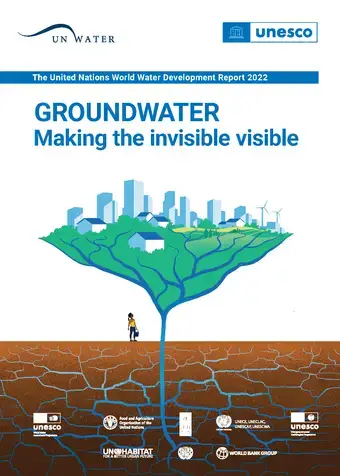
Accounting for approximately 99% of all liquid freshwater on Earth, groundwater has the potential to provide societies with tremendous social, economic and environmental benefits and opportunities. Groundwater already provides half of the volume of water withdrawn for domestic use by the global population, including the drinking water for the vast majority of the rural population who do not get their water delivered to them via public or private supply systems, and around 25% of all water withdrawn for irrigation. However, this natural resource is often poorly understood, and consequently undervalued, mismanaged and even abused.
Groundwater is central to the fight against poverty, to food and water security, to the creation of decent jobs, to socio-economic development, and to the resilience of societies and economies to climate change. Reliance on groundwater will only increase, mainly due to growing water demand by all sectors combined with increasing variation in rainfall patterns.
The report describes the challenges and opportunities associated with the development, management and governance of groundwater across the world. It aims to establish a clear understanding of the role that groundwater plays in daily life, of its interactions with people, and of the opportunities for optimizing its use in order to ensure the long-term sustainability of this largely available yet fragile resource.
Unlocking the full potential of groundwater will require strong and concerted efforts to manage and use it sustainably. And it all starts by making the invisible visible.